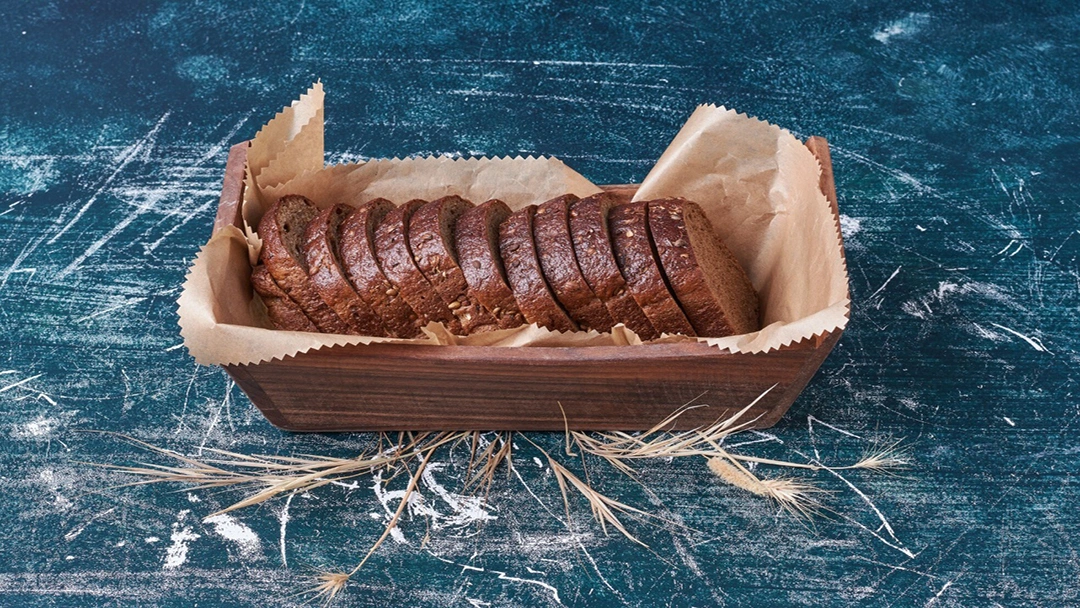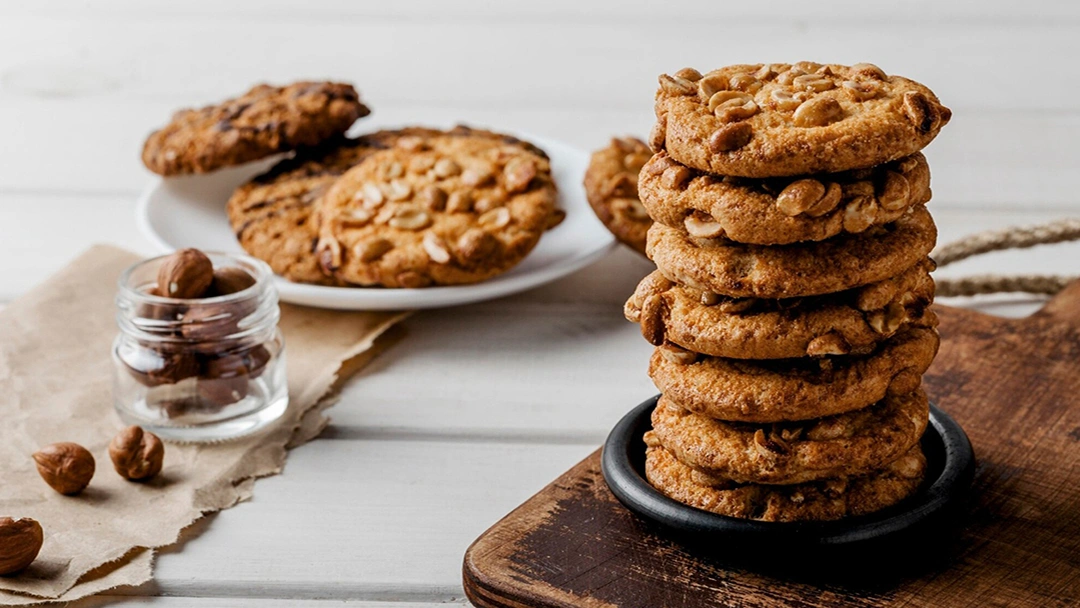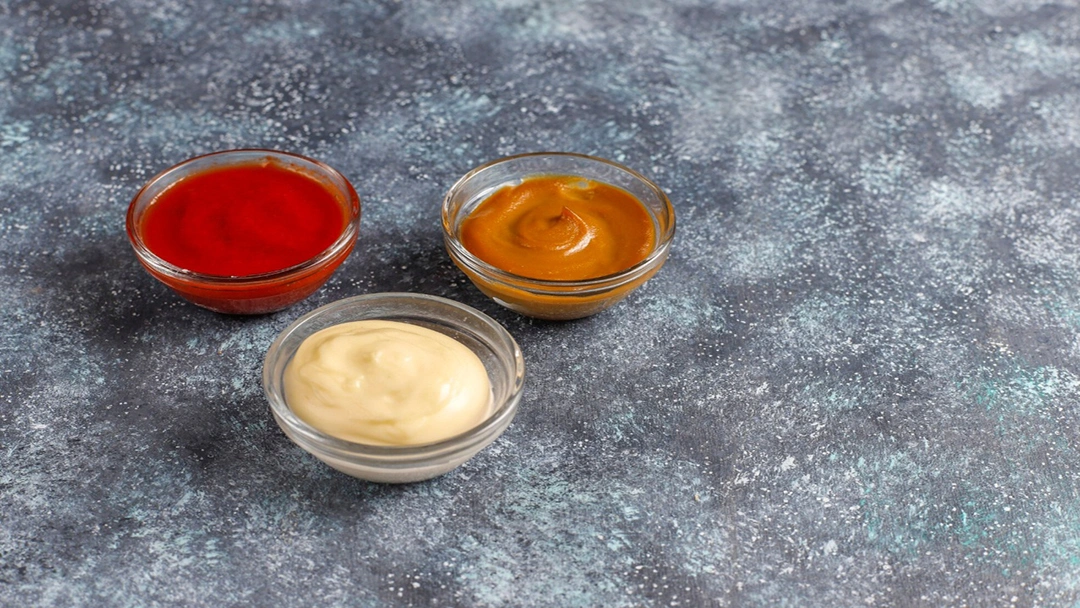Foods to Avoid
- Carbohydrates, including grains, bread, pasta, rice, fruits, and starchy vegetables like potatoes
- Sugar and sugary foods like table sugar, honey, maple syrup, and agave nectar
- Processed foods, including chips, crackers, and packaged snacks
- Vegetable oils like canola, soybean, and corn oil, which are plant-based and high in omega-6 fatty acids
- Dairy products with high lactose, including milk and yoghurt
- Lean meats like chicken breast and turkey breast
Since the foods you can eat and avoid on a fat fast are similar to the foods you can consume and should avoid on a Carnivore Diet, there is a version of fat fast known as the Carnivore Fat Fast.
Learn More: 48-Hour Fast: Benefits and Results: Is It Safe?
[cta-meetings]
What Is a Carnivore Fat Fast?
The main difference between a Carnivore fat fast and any other fat fasting methods is that in this type of fasting, you need to consume Carnivore-friendly foods.
It means no vegetables or plant-based foods are allowed, and you can consume animal products, from ruminants to poultry and seafood.
The main goal of a Carnivore fat fast is to increase the intake of healthy fats, while keeping protein intake moderate and removing carbohydrates to promote ketosis and rapid weight loss.
Like other types of fat fasting, you should do Carnivore fat fasting for a short time to avoid possible negative health effects. Learn about different kinds of Carnivore Diet Fasting.
Whether you want to do a Carnivore Fat Fast or other types of fat fasting, you can use the following step-by-step guide.
Learn More: Pemmican Recipe: How to Make Pemmican for Keto and Carnivore
Maria Emmerich (Nutritionist):
"Fat fasting is a powerful tool to break through weight loss plateaus and reset your metabolism."
How to Start Fat Fasting Step-by-Step?
- Consult a healthcare specialist before starting a new diet, fast, or weight loss program to ensure it is safe based on your current health status.
- Set a goal for your fat fasting, and do not just do it because others say it is good.
- Choose a fat-fasting method based on your needs, goals, and body composition.
- Plan your meals to make sure you consume enough healthy fats and know what to eat and what to avoid to reach maximum benefits.
- Track your macros using a food tracking app like this free Carnivore Macro Calculator or journal, and go for high fat, moderate protein, and low or no carbohydrates.
- Drink enough water and stay hydrated during fasting.
- Stick to your fat fasting plan and stay focused to reach your goals.
While fast fasting is generally safe, some people can benefit from it the most, but others need to avoid it. Let’s find out who can and who shouldn’t go on a fat fast program.
Learn More: The 18-Hour Fast: Does It Work for Weight Loss?
[cta-meal-plan]
Who Should Do a Fat Fast?
You can do a fat fast if you want to:
- jumpstart weight loss,
- break through a weight loss halt, or
- improve metabolic health.
It can also be beneficial for:
- individuals with insulin resistance,
- those with metabolic syndrome, which includes high blood pressure, high blood sugar, excess belly fat, and abnormal cholesterol levels, causing heart disease, stroke, and diabetes,
- individuals with digestive issues like bloating, constipation, and irritable bowel syndrome (IBS).
Fat Fasting Induces Ketosis
A study published in the Journal of Clinical Nutrition found that participants who engaged in fat fasting for 3-5 days showed an average increase in ketone levels by 200%.
Who Shouldn’t Do Fat Fasting?
- Those with eating disorders need to avoid a fat fast as it can trigger eating disorders like binge eating or restrictive eating.
- Individuals with a history of heart disease need to avoid fat fasting as it can increase their saturated fat and cholesterol levels.
- Pregnant or breastfeeding women must avoid fat fasting as it can interfere with providing nutrients necessary for the fetus or nursing baby.
- Those with certain medical conditions, such as liver or kidney disease, gallbladder issues, or pancreatic insufficiency, must avoid fat fasting.
- Those experiencing low blood pressure need to avoid fat fasting.
If you are not among these individuals and want to start fat fasting after consulting your physician, the following fat fasting meal plans help you get going! Please remember that doing a fat fasting more than 3 or 5 days is not recommended.
Learn More: Intermittent Fasting 20/4: Results, Side Effects, and How to
[cta-gocarnivore-plans]
Sample 3-Day Fat Fasting Meal Plan [Easy Menu]
A 3-day fat fast is one of the most common fat fasting periods, which takes only three days and includes consuming large amounts of fat and limiting protein and carbohydrate intake.
Although a 3-day fat fast can include different foods for different individuals, a typical 3-day fat fast can include 3-4 small meals daily.
Each meal can contain fat sources, such as butter, cream, cheese, and fatty meats. Carbohydrates like fruits, vegetables, and grains must be avoided or limited.
Here are the foods you can eat every day on fat fasting. You can also use these Carnivore Diet Recipes for more fatty meal ideas.
Fat Fasting Boosts Weight Loss
Research from the International Journal of Obesity indicated that individuals who practiced fat fasting experienced an average weight loss of 5-7 pounds over a 5-day period.
Day 1
Day 2
Day 3
[cta-meetings]
5-Day Fat Fasting Meal Plan [Easy Menu]
Here is a sample 5-day fat fasting meal plan to help you do a fast fast healthily.
Day 1
Day 2
Day 3
Day 4
Day 5
- Breakfast: 2 slices of bacon with 2 tbsp of cream cheese
- Lunch: 2 cans of tuna fish mixed with 2 tbsp of hollandaise sauce
Dinner: Carnivore Diet Fried Fish with Ground Pork Rinds and Egg
Between the meals, you can have mini meals containing butter and other high-fat, low-carb foods.
Fat Fasting Reduces Cravings
Research from the International Journal of Obesity indicated that individuals who practiced fat fasting experienced an average weight loss of 5-7 pounds over a 5-day period.
The Primal Fasting Course
As fat fasting is becoming increasingly popular among Carnivore dieters and others. The Primal has focused on providing an easy and safe ultimate guide to start a fasting course.
Fat Fasting vs. Water Fasting
Water fasting is another type of intermittent fasting that people try to lose weight quickly. It is generally done by those experienced in fasting, but it is generally not recommended. The table below compares fat fasting and water fasting.
Learn More: The 96-Hour Fast Benefits and Results: Is It Safe?
| Aspect | Fat Fasting | Water Fasting |
|---|
| Definition |
Involves consuming mostly fat with very low amounts of carbohydrates and protein |
Involves consuming only water and no food for a set period |
| Purpose |
Creates a state of ketosis, where the body burns fat for fuel instead of glucose |
Promotes detoxification and fat burning by giving the digestive system complete rest |
| Duration |
Can be followed for several days, depending on individual tolerance |
Usually lasts 24-72 hours |
| Difficulty Level |
Easier to follow and more sustainable |
More challenging to do |
| Effectiveness |
Effective for weight loss, improving insulin sensitivity, and reducing inflammation |
Also effective for weight loss, insulin sensitivity, and reducing inflammation |
| Best For |
Those seeking a sustainable approach to fat burning with some nutrient intake |
Those comfortable with an extreme fasting method and are looking for faster results |
| Considerations |
Should be done with healthy fat sources and under guidance if extended |
It should be medically supervised, especially for longer fasts |
Summary
A fat fast can help you promote weight loss and improve insulin resistance. Fat fasting combined with proper meal plans can result in significant health effects, such as better blood sugar control, improved cognitive function, lower inflammation, and more.
However, consulting a healthcare professional is necessary before making drastic changes to your eating habits. Also, remember that fat fasting is a short-term process, from 1 to 5 days tops.
You can also join Carnivore Diet Courses to lose weight and regain health under the supervision of doctors, experts, and experienced coaches.
[cta-meal-plan]
FAQs
Let’s find answers to the most frequently asked questions about a fat fast.
Is It Okay to Fast on a Carnivore Diet?
Yes, fat fasting combined with Carnivore-friendly meals can result in faster fat loss.
How Long Can You Do a Fat Fast?
It differs from person to person, but generally, from 1 day to 3 or 5 days.
How Many Fasting Hours Burn Fat?
The fat-burning process usually starts after about 12 hours of fat fasting and increases between 16 and 24 hours of fasting.
How Often Can I Do a Fat Fast?
While it depends on your goals and body composition, you can have 3-day or 5-day fat fasting programs every month or twice a month.
Can You Burn All Fat in a Day?
While one can lose one pound (0.5 kg) of body fat a day, it requires significant limitations on food intake and an eye-catching increase in physical activity. However, it is not recommended to go through such extreme processes.































